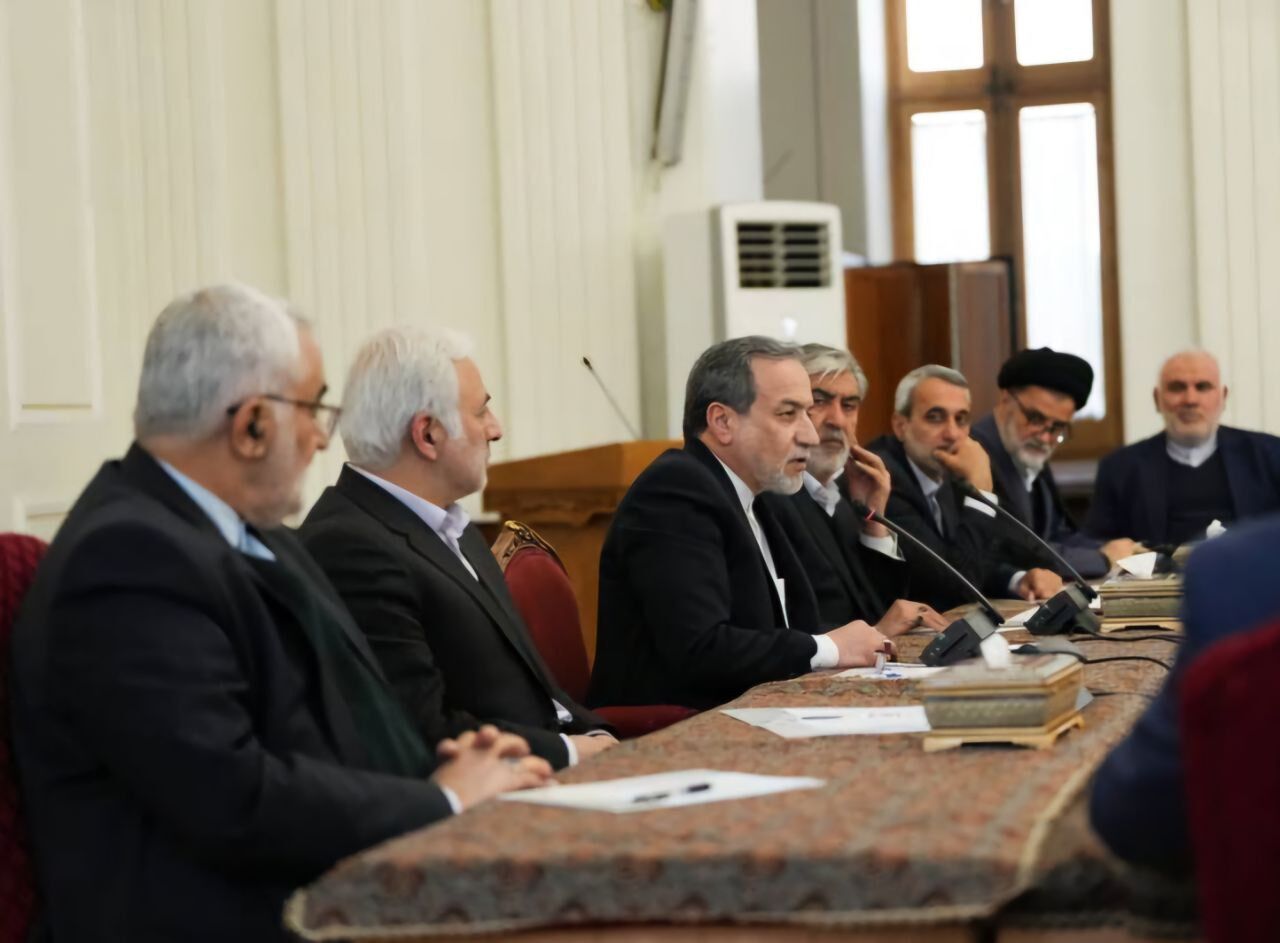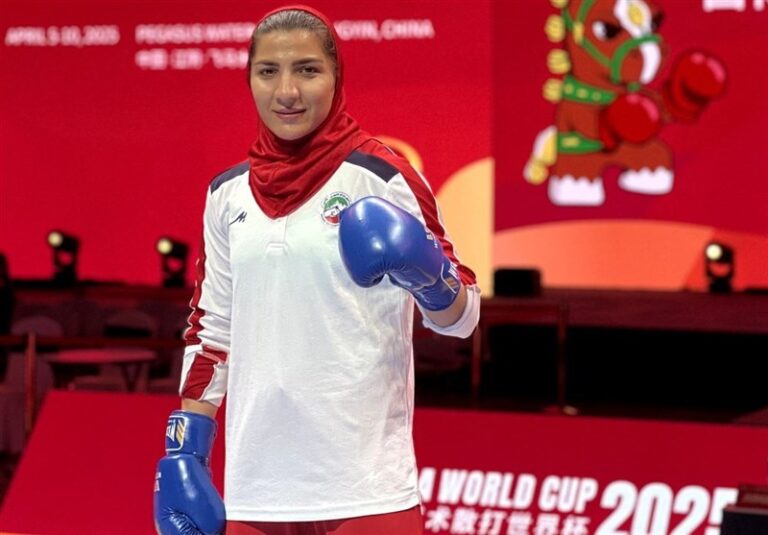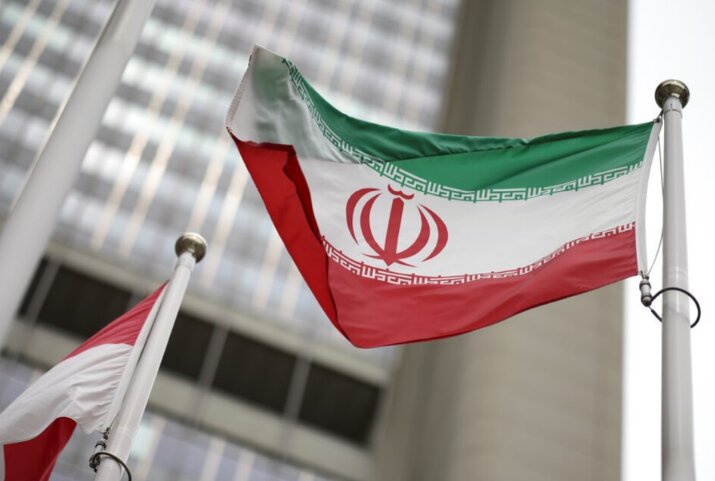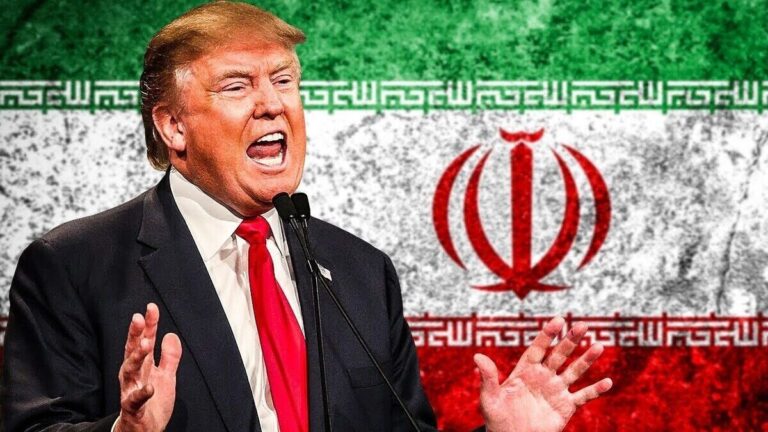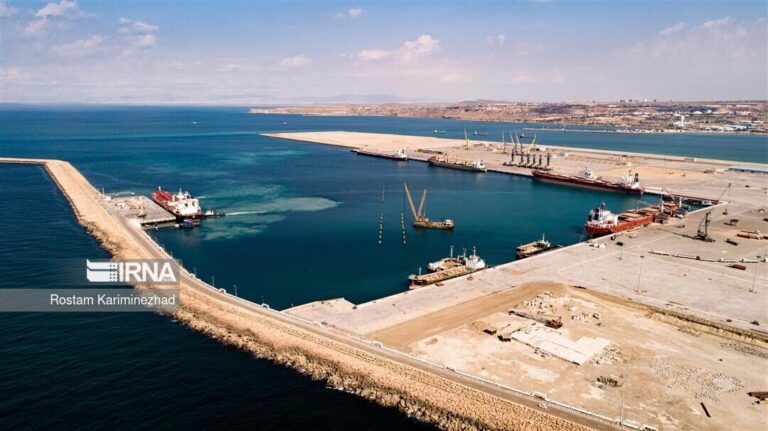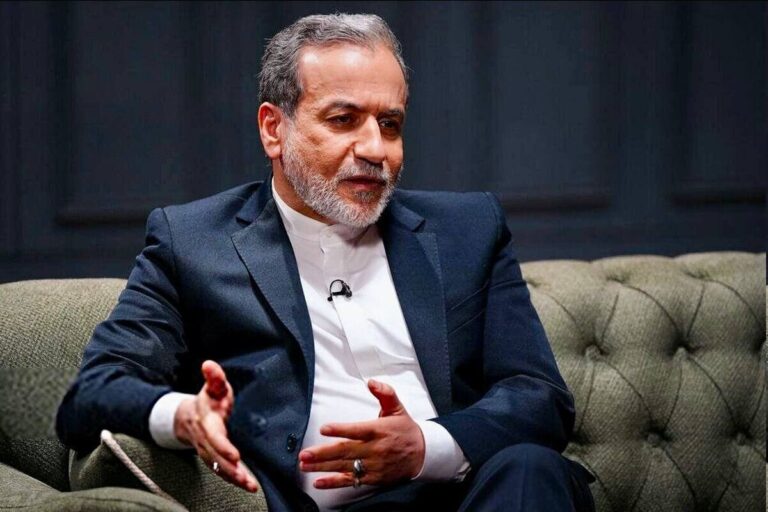Iran Threatens Strong Retaliation Against E3 Over Potential Sanctions Snapback
In recent developments in Iran’s diplomatic landscape, Foreign Minister Abbas Araqchi has issued a strong warning regarding the potential misuse of the “snapback” mechanism aimed at reinstating United Nations sanctions. This mechanism has become a focal point in the ongoing negotiations concerning Iran’s nuclear program.
Araqchi conveyed this message during a briefing with the Parliamentary National Security and Foreign Policy Commission. According to the committee’s spokesperson, Ebrahim Rezaei, Araqchi emphasized that:
“Iran has never left the negotiating table and prefers diplomacy, but will respond harshly to the activation of JCPOA’s snapback mechanism.”
The three European signatories to the Joint Comprehensive Plan of Action (JCPOA)—Britain, France, and Germany—are facing an imminent deadline of October 18 to potentially invoke the “snapback” mechanism. This clause is part of U.N. Security Council Resolution 2231, which supports the 2015 nuclear deal. They have warned that they might trigger this mechanism if a deal is not achieved in the ongoing discussions between Iran and the United States.
In response to these threats, Iran has stated that it would consider withdrawing from the Nuclear Non-Proliferation Treaty (NPT) if European nations choose to reinstate international sanctions that were previously lifted under the JCPOA.
Araqchi provided a detailed report on the latest talks with the U.S., emphasizing that:
- Iran does not negotiate under pressure.
- Discussions are strictly focused on nuclear issues.
Additionally, the foreign minister highlighted that Israel opposes any uranium enrichment activities within Iran. While he expressed openness to establishing a regional enrichment center, he firmly rejected the idea of halting enrichment activities in Iran.
“Araqchi also warned that all countries in the region will be harmed in the event of a war,” Rezaei noted.
Moreover, some lawmakers have expressed skepticism about negotiating with Washington, citing the continued imposition of new sanctions despite the ongoing diplomatic efforts.
Araqchi has been at the forefront of five rounds of negotiations—three in Muscat and two in Rome—working with U.S. special envoy Steve Witkoff and mediated by Omani Foreign Minister Sayyid Badr Al-Busaidi.
Witkoff has indicated that the U.S. will not accept any level of uranium enrichment by Iran as part of a potential agreement to replace the JCPOA, which was abandoned by former President Trump during his first term.
In response to these demands, the Leader of the Islamic Revolution Ayatollah Seyyed Ali Khamenei has condemned such conditions as “excessive and outrageous,” suggesting that fruitful negotiations with the U.S. seem unlikely.
Tehran continues to assert its rights to enrich uranium as a signatory of the NPT, thereby reinforcing its position in the ongoing diplomatic negotiations.
